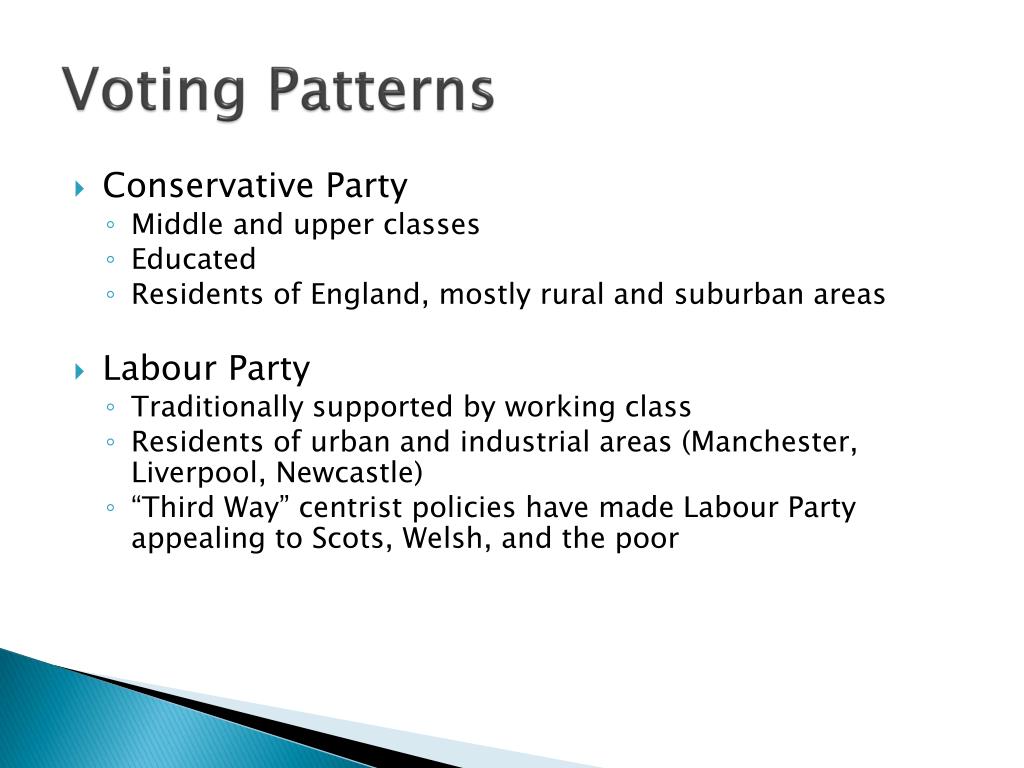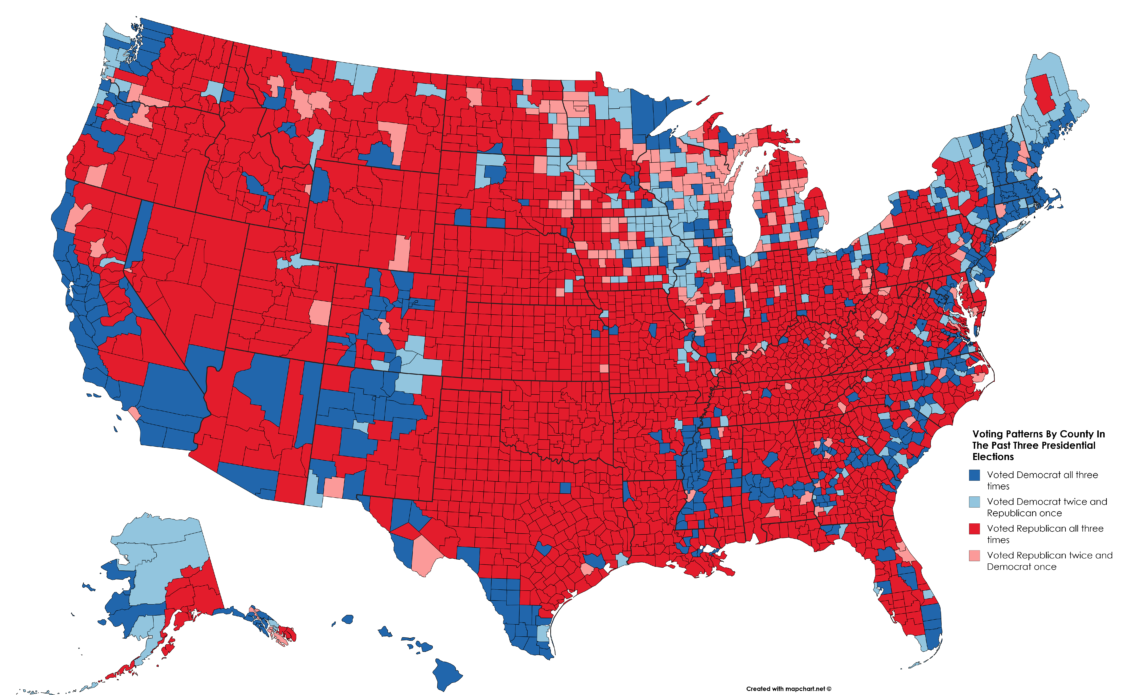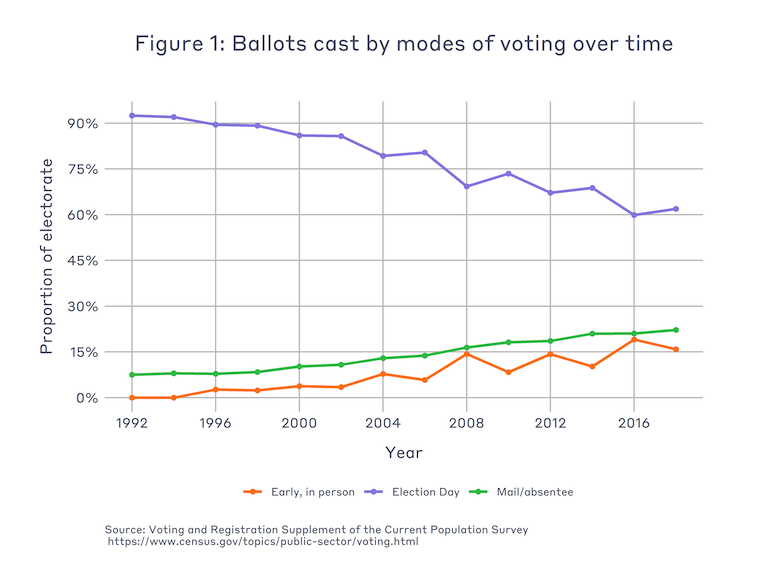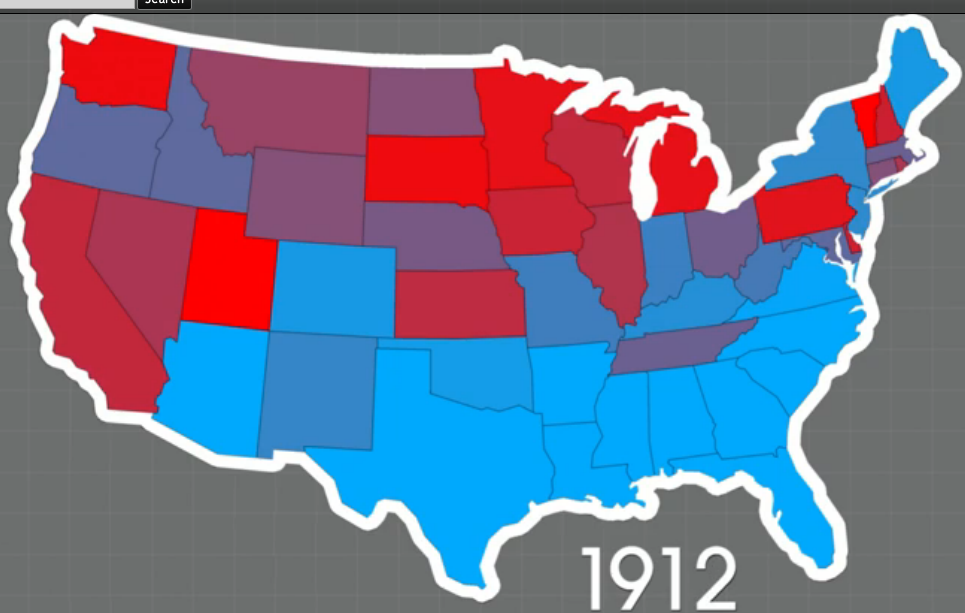The sociological model, which is also known as the school of columbia; Web studies in campaigns, elections, and voting comprise a wide range of issues. Web caltech political scientists, historians, computational social scientists, and data scientists provide insights that can help voters and election officials identify and address fraud,. Data on voter turnout can be complicated and confusing. Web associate professor of economics benjamin enke shows how a “universalist” mindset versus a “particularist” one drives voting behavior.
Political scientists use a variety of bases for determining turnout rates (see table 5.1 ). Accordingly, we provide you with all hints and cheats and needed answers to accomplish the required crossword and find a final solution phrase. The next us president will have an uphill battle rebuilding scientific exchange with. The reasons people vote or abstain. A second major concern in voting research focuses on the dynamics of.
Political scientists use a variety of bases for determining turnout rates (see table 5.1 ). The next us president will have an uphill battle rebuilding scientific exchange with. Web it comes as a surprise to some that there is a science of elections. Web to vote or not to vote? Web election science, for our purposes here, is defined as the analysis of election administration, voting, and reform using quantitative tools drawn from statistics,.
The reasons people vote or abstain. Web these frames comprise cognitive schemes of learned models of scenarios (“scripts”) and practiced action patterns (“habits”). Web in 1855, only five states—maine, massachusetts, new hampshire, rhode island, and vermont—allowed african americans to vote without significant restrictions. Political scientists use a variety of bases for determining turnout rates (see table 5.1 ). Web studies in campaigns, elections, and voting comprise a wide range of issues. Web in fact, this topic is meant to untwist the answers of figgerits the science of understanding voting patterns. Web associate professor of economics benjamin enke shows how a “universalist” mindset versus a “particularist” one drives voting behavior. From greek ψῆφος, psephos, 'pebble') is the study of elections and voting. Heidi julavits is a writer who grew up in portland, maine. Web there are 538 electoral college votes split among the 50 states and the district of columbia. The approach it takes to the study of voting is inherently psychological, yet the choice and scope of psychological theories is bounded by the. Web psephology (/ s ɪ ˈ f ɒ l ə dʒ i /; André blais, université de montréal. The crossword solver finds answers to classic crosswords and. Psephology attempts to both forecast and explain election results.
Web In Fact, This Topic Is Meant To Untwist The Answers Of Figgerits The Science Of Understanding Voting Patterns.
Data on voter turnout can be complicated and confusing. The sociological model, which is also known as the school of columbia; Part of it is the fundamentals, and part of it is how much swing might be expected during the next few months. Many factors affect the decision of whether or not to vote in an.
The Reasons People Vote Or Abstain.
André blais, université de montréal. Web building on theories used to describe magnets, scientists have put together a model that captures something very different: Political scientists use a variety of bases for determining turnout rates (see table 5.1 ). The crossword solver finds answers to classic crosswords and.
Each State Gets At Least Three Votes, Depending On The Size Of Their.
The approach it takes to the study of voting is inherently psychological, yet the choice and scope of psychological theories is bounded by the. This section introduces important subscription databases and web resources for. A second major concern in voting research focuses on the dynamics of. Web studies in campaigns, elections, and voting comprise a wide range of issues.
Why Is It Essential To Study Voting Patterns And Their Impact On Elections?
Web these frames comprise cognitive schemes of learned models of scenarios (“scripts”) and practiced action patterns (“habits”). Web psephology (/ s ɪ ˈ f ɒ l ə dʒ i /; Web to vote or not to vote? Web we attempt to understand an election outcome by analyzing how and why the voters made up their minds.








